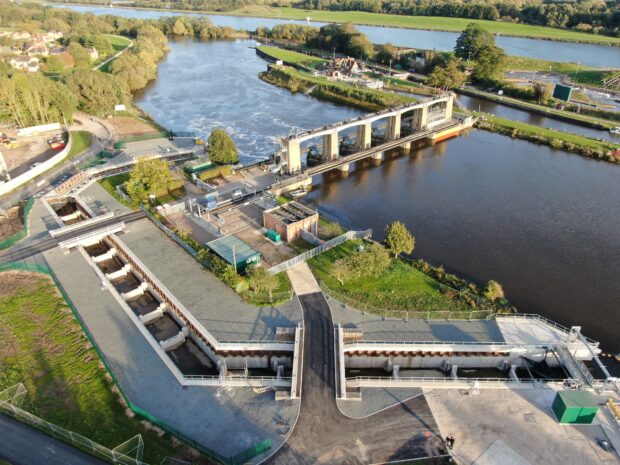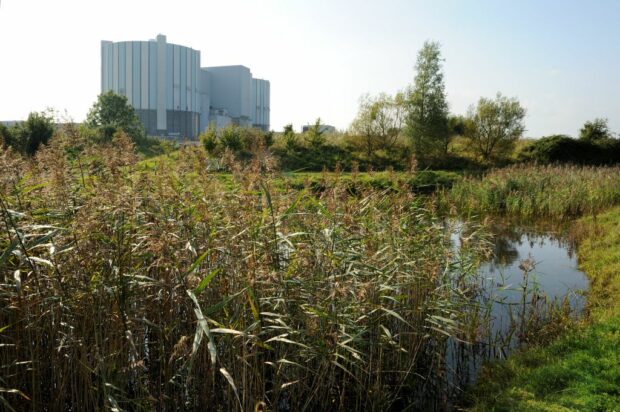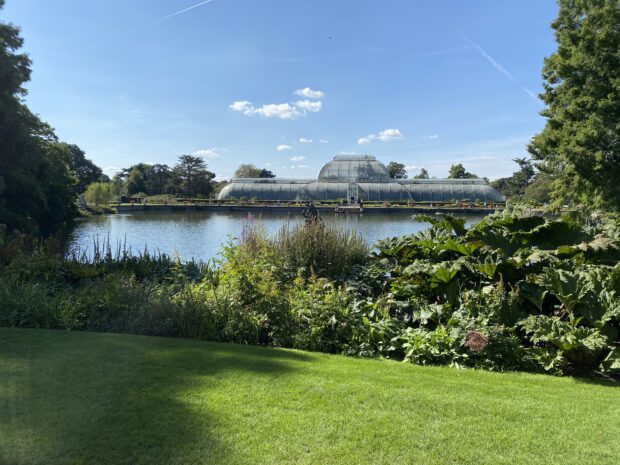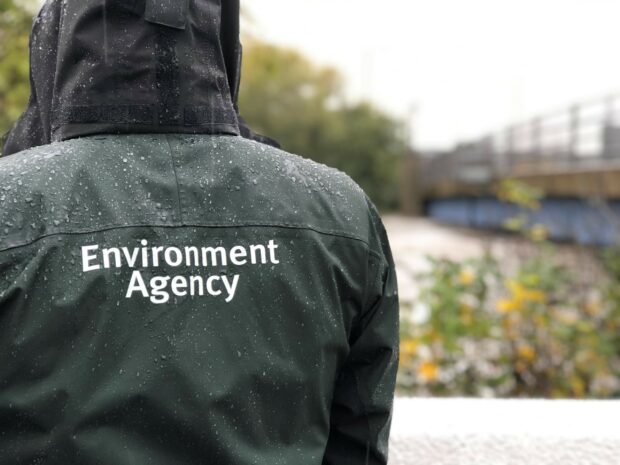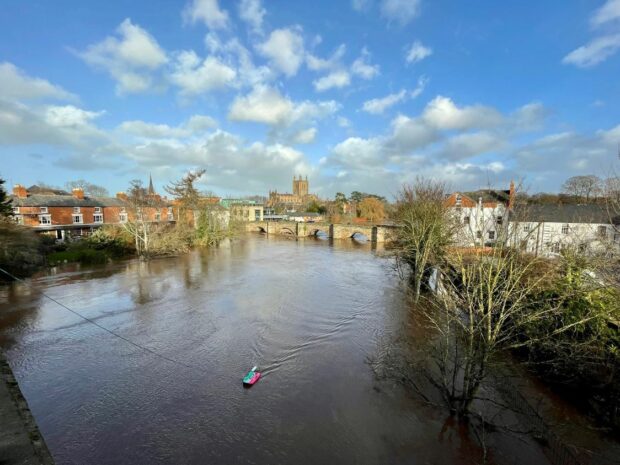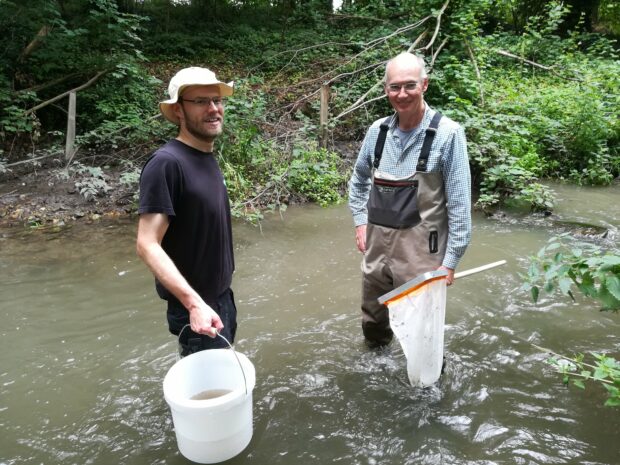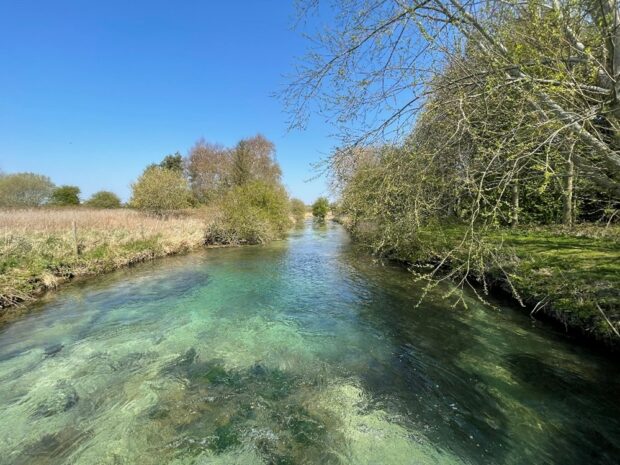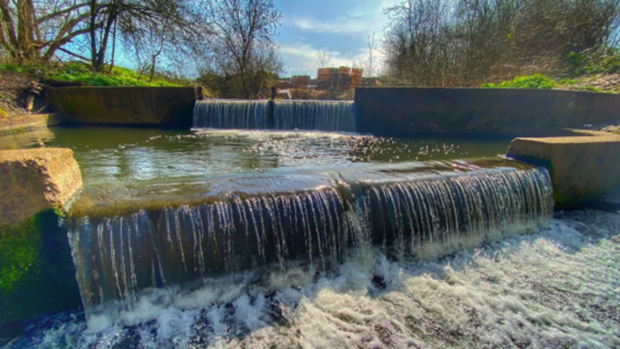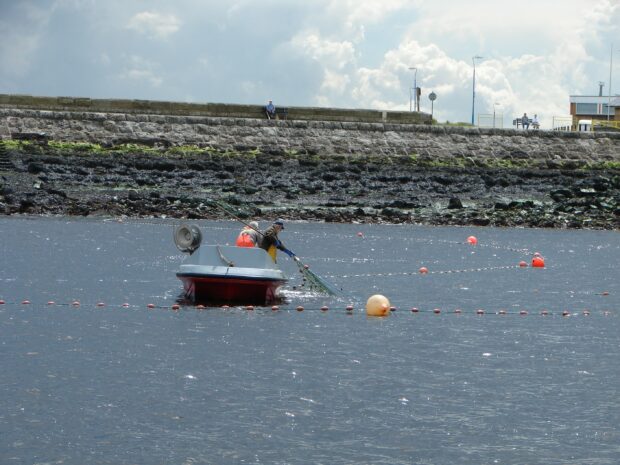Environment Agency
We needed to make sure that diverting water through the fish pass must not lower the flow through either the canoe slalom course at the adjoining Holme Pierrepont National Watersports Centre or the turbines of a local hydropower operation. We also needed to allow for maintenance access to the Holme Sluices.
This blog refers to our 2023 publication of RIFE We’ve just published our annual report about radioactivity in food and the environment. Our radiation specialist Becca Williams shares the headlines from our monitoring and assessment work and talks about how …
Mitigating and adapting to the effects of climate change is something I’m very passionate about. From experiencing heatwaves first-hand here in the UK, to hearing about drinking-water wells drying up due to drought in my parents’ villages in Sri Lanka, witnessing the negative impacts of climate change across the world is what initially pushed me …
We need dynamic and diverse leaders now more than ever. Worsening storms, more frequent floods and heatwaves, longer droughts, faster coastal change, significant species loss and greater pressures on water, land and air – climate change is happening now. We …
After spending almost 20 years collecting data in the West Midlands to respond to climate change challenges, like flooding and drought, I still love the job I do as much as when I first got called to interview for the Environment Agency.
Citizen science initiatives provide invaluable data about our water environment and complement our own monitoring and assessment work, enabling a greater understanding of the issues we face and how together we can take action going forward. John Findlay, who works in the East Anglia analysis and reporting team at the EA, writes here about his …
The Environment Agency’s Amanda Foster looks at work to improve chalk streams in Yorkshire.
Jude Ward, Biodiversity Technical Specialist, West Midlands The Environment Agency maintains a number of flood and coastal defence assets across 7000km of river. It’s my job as a biodiversity technical specialist to ensure these assets are maintained, repaired, and created …
The Environment Agency enables partnerships to come together and improve the local environment to benefit wildlife and communities. Catchment Coordinator for the EA, Adam Noon, tells us more about removing Ackers Weir on the River Cole in East Birmingham.
Salmon are a keystone species and an iconic indicator of a healthy, clean environment and highly valued by the general public and by those who fish for them. Every year, the Centre for Environment, Fisheries and Aquaculture Science, the Environment Agency and Natural Resources Wales report on the state of our salmon stock levels, to …
